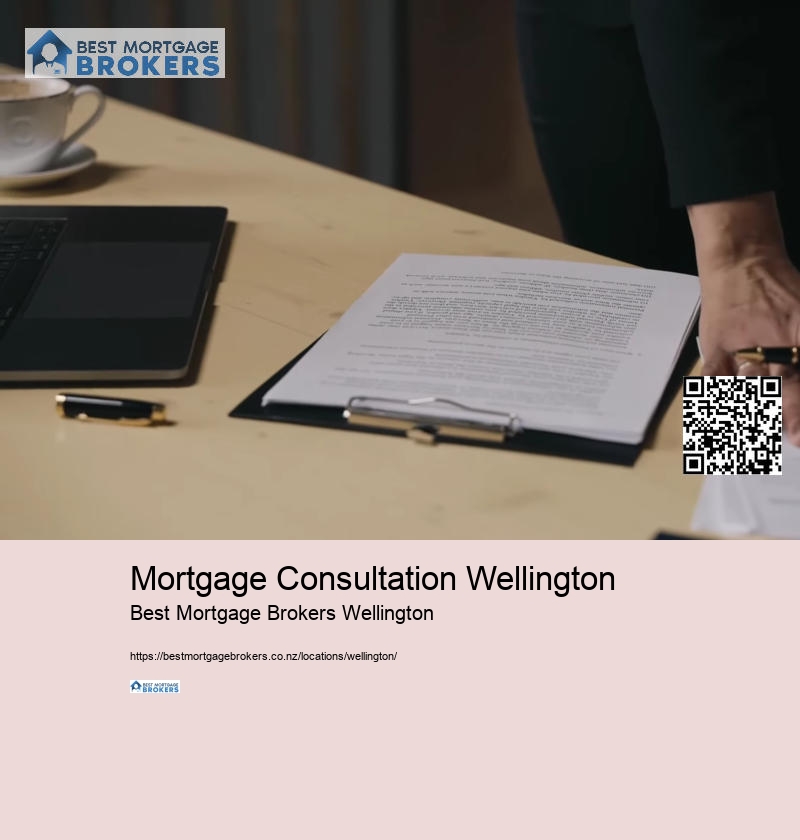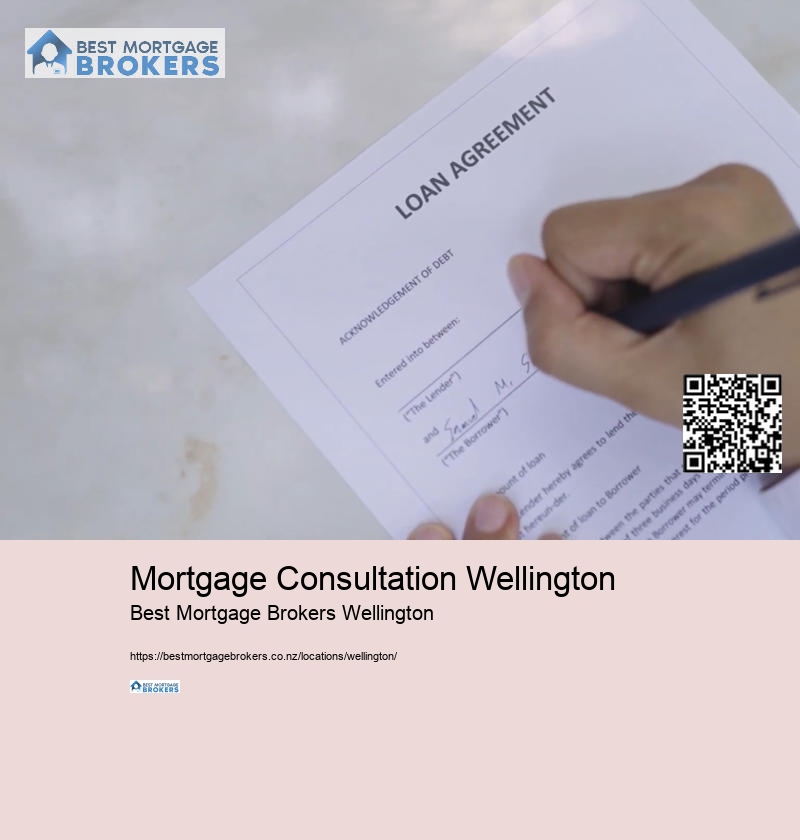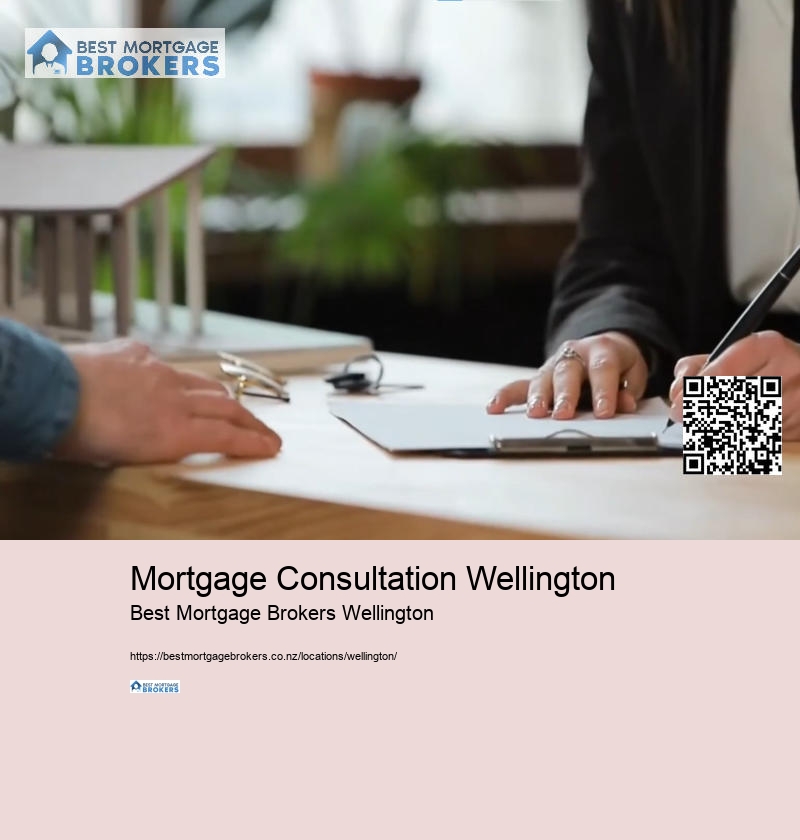Mortgage Consultation Wellington
mortgage advisor
The equity in your home can be used to finance home improvements, debt consolidating or other large expenses. Another way to maximize home equity is by making extra payments towards your mortgage principal. By reducing the principal amount, you can build equity faster and potentially shorten the term of your loan.
Improving the appearance and overall condition of your property can increase the appraised value. Furthermore, keeping an eye on market trends and property values in your area can help you capitalize on opportunities to increase your home equity.
Mortgage Consultation Wellington - mortgage advisor
- lending
- personal finance
- advisor
- home loan
- strategic financial planning
- first home
- financial planning process
- financial analysis
- mortgage broker wellington
To maximize your home equity, you will need to plan ahead and make smart financial decisions. We emphasize that you should do extensive research before signing up for a mortgage.
Understanding the terms of your loan, such as interest rates, repayment plans, and hidden fees, is essential. One common mistake to avoid is rushing into a mortgage without fully comprehending the financial implications.




